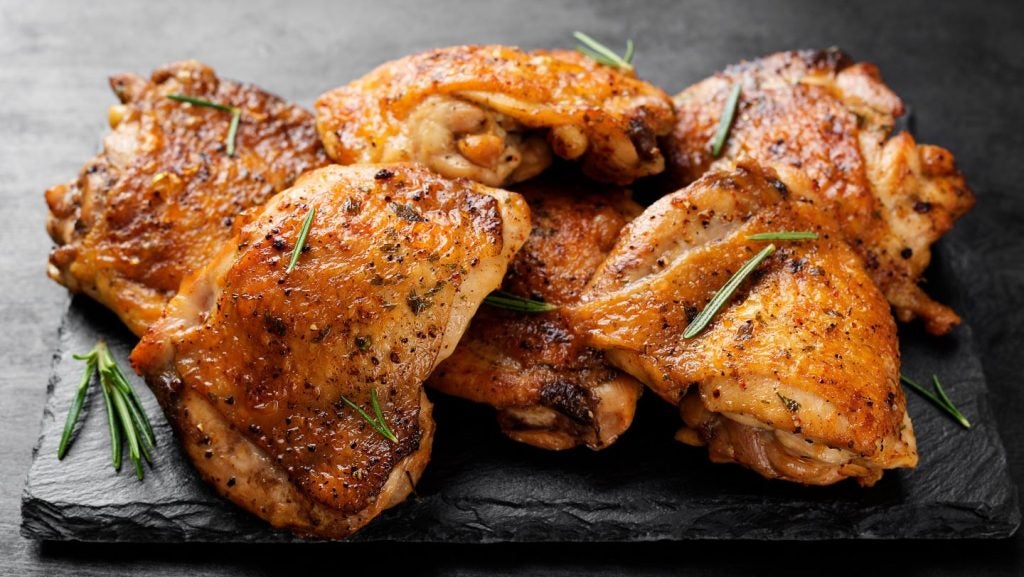Japan’s Meiji Holdings has cut its profit forecasts as the dairy company flagged impairment charges related to challenges at its China business.
While Tokyo-headquartered Meiji raised its sales outlook for the year ended on 31 March, mainly due to price increases, the business expects to book lower-than-expected results for ordinary profit and those handed to shareholders.
Meiji said in filing with the Tokyo Stock Exchange today (9 April) that it will incur Y22.5bn ($148.2m) as an “extraordinary income” charge in the final quarter of the year related to the sale of “investment securities”.
Still in respect to profits attributable to shareholders, the company added that “as extraordinary losses we expect around Y14.3bn impairment loss on non-current assets related to the drinking milk and yogurt business operated by subsidiaries in China”.
Meiji explained: “The sales environment for the drinking milk and yogurt business in China has been significantly changed. The price competition in the market intensified, leading to a decline in our profitability.”
The outlook for shareholder profits was trimmed to Y48bn from Y51bn.
Ordinary profit is now anticipated to be Y76bn, compared to Y78bn previously.
For food specifically, Meiji put the difficulties down to its AustAsia dairy farm business unit operating in China, which, it said, “saw a decline in profitability attributable to soaring feed prices and a drop in raw milk prices”.
A fourth-quarter impairment loss of Y6.2bn is expected in relation to that business, impacting the ordinary profit metric.
Meanwhile, Meiji raised its forecasts for sales and operating profit.
Sales are envisaged at Y1.11tn through to 31 March, against the prior forecast of Y1.09tn.
The company anticipates operating profit will come in at Y84.5bn versus the previous bet of Y80bn.
Meiji offers a range of branded dairy products apart from milk and yogurt, such as cheese and ice cream. The portfolio also includes chocolate and gummy confectionery.
Outside of food, the company also plays in the pharmaceutical area, operations that were also cited for the uptick in the sales forecast related to antibacterial drugs.
“The food segment saw the benefits of price hikes implemented across a wide range of categories. Additionally, various expenses trended below initial assumptions,” Meiji explained.
















